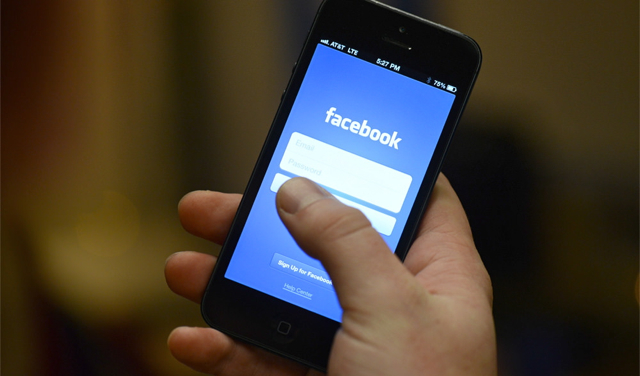Facebook’s New Mission Statement Emphasizes Global Issues
February 20, 2017
Facebook chief executive Mark Zuckerberg just released a 6,000 word document outlining the company’s new role in “social infrastructure,” to address terrorism, disease, climate change and other global woes. He suggested ways that the 13-year old company can work with governments, nonprofit organizations and other companies. Zuckerberg revealed that the company is building products and developing tools to fight the spread of fake news, and use AI to detect terrorism propaganda as well as promote global political engagement.
The Wall Street Journal reports that Zuckerberg’s stance on fake news — which evolved in the wake of accusations that Facebook freely disseminated it during the U.S. presidential election season — has evolved. In this most recent document, Zuckerberg said polarization is a deeper concern than fake news and filter bubbles.
“Facebook wants to show users a wider range of perspectives and demote sensationalized news, but has to be careful to do so without deepening divisions,” he wrote, noting that people actually cling more strongly to their beliefs when faced with an opposing view. “Our goal must be to help people see a more complete picture, not just alternate perspectives.”
“Our next focus will be developing the social infrastructure for community — for supporting us, for keeping us safe, for informing us, for civic engagement, and for inclusion of all,” Zuckerberg wrote. “Today’s threats are increasingly global, but the infrastructure to protect us is not. Humanity’s current systems are insufficient to address these issues.”
In response to criticism over objectionable content, Facebook is now giving users the ability to “set parameters” on how much and what kind they can tolerate. Users who do not set parameters will see their settings default to that of “the majority of users in their region.” Zuckerberg also wants to develop the use of AI to “detect violent content and terror-recruiting networks,” although he notes that “major advances” are needed to catch “hate speech, graphic violence or sex.”
The New York Times describes Zuckerberg’s document, which is an update to his original founder’s letter, published in 2012 when the company went public, as “close to a political statement by a chief executive who, as the leader of a global company, is essentially arguing against a tide of isolationism that is rising across the world.” In an interview, he noted that, when he founded the company “the idea of connecting the world was not controversial.”
“The default assumption was that the world was just incrementally moving in that direction,” he said. “Now, that’s actually a real question.” President Trump supporting nationalism and Britain quitting the European Union are “signs of how globalization has caused strains.”
“We have to build a global community that works for everyone,” said Zuckerberg, who plans to reorient Facebook around today’s realities. “I really don’t have much doubt that this is the right direction to go in the long term.”
He stressed the idea of creating “social infrastructure” with Facebook, “mirroring social groups in the physical world like churches, governments and unions” and encouraging connections that “transcend national and international barriers.” But Zuckerberg did not outline too many concrete specifics; the company is still blocked in China and facing regulatory issues in Europe.


No Comments Yet
You can be the first to comment!
Sorry, comments for this entry are closed at this time.